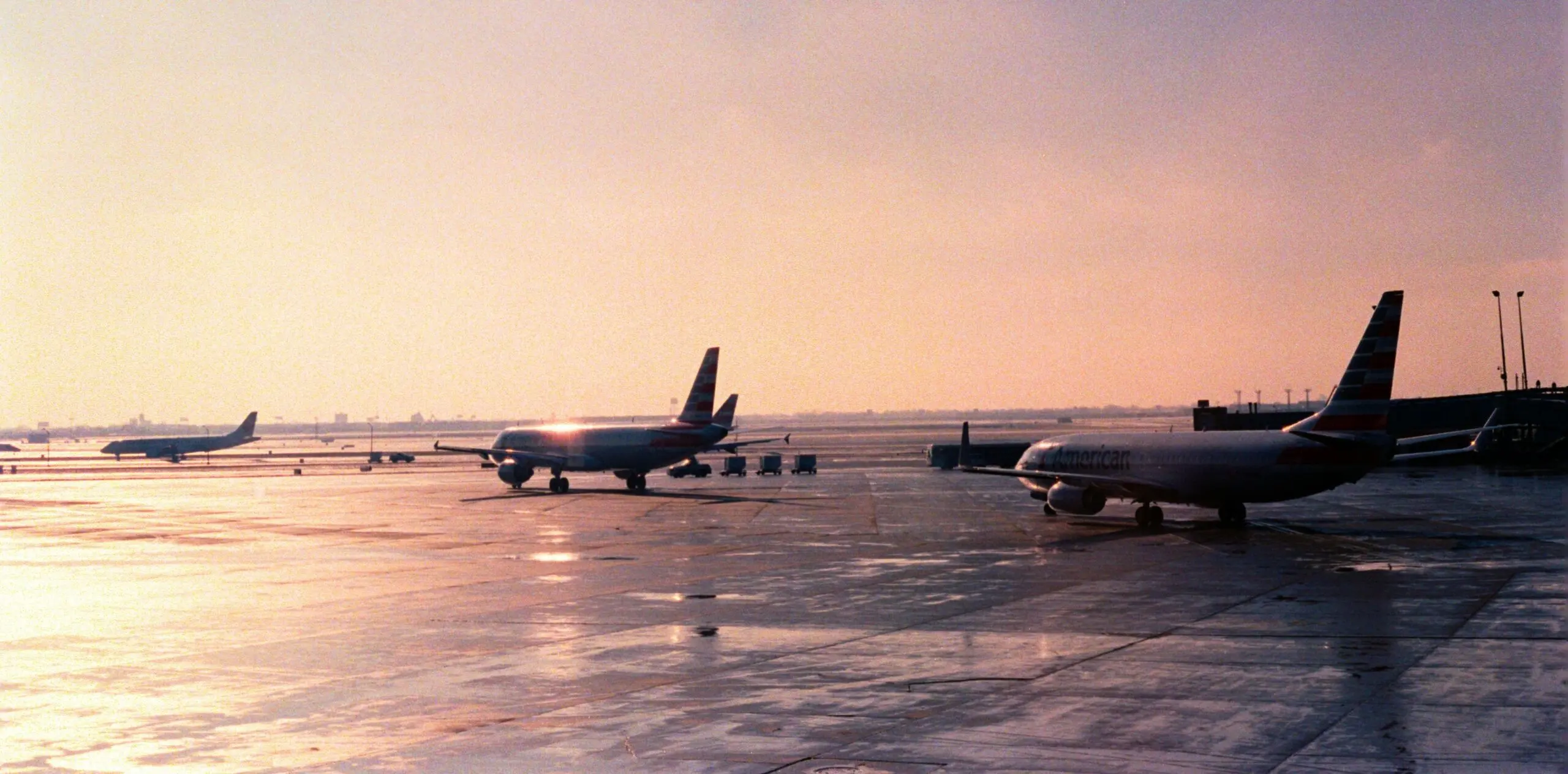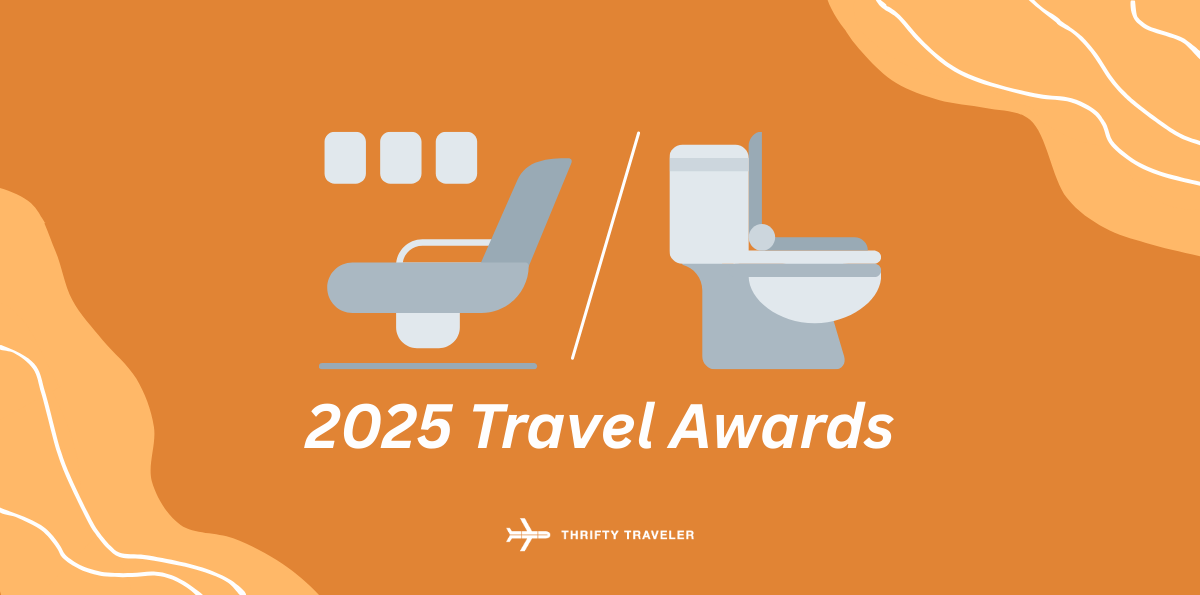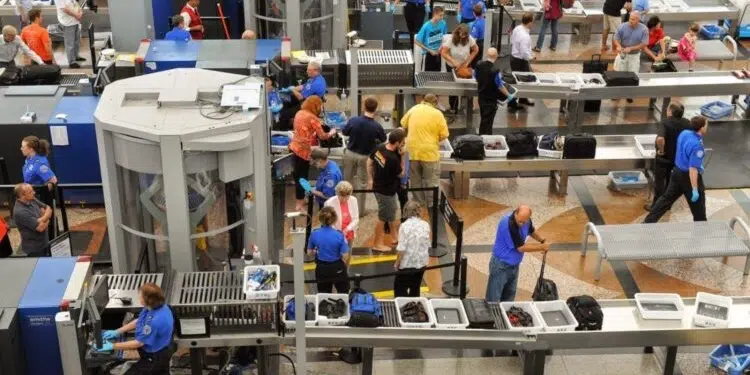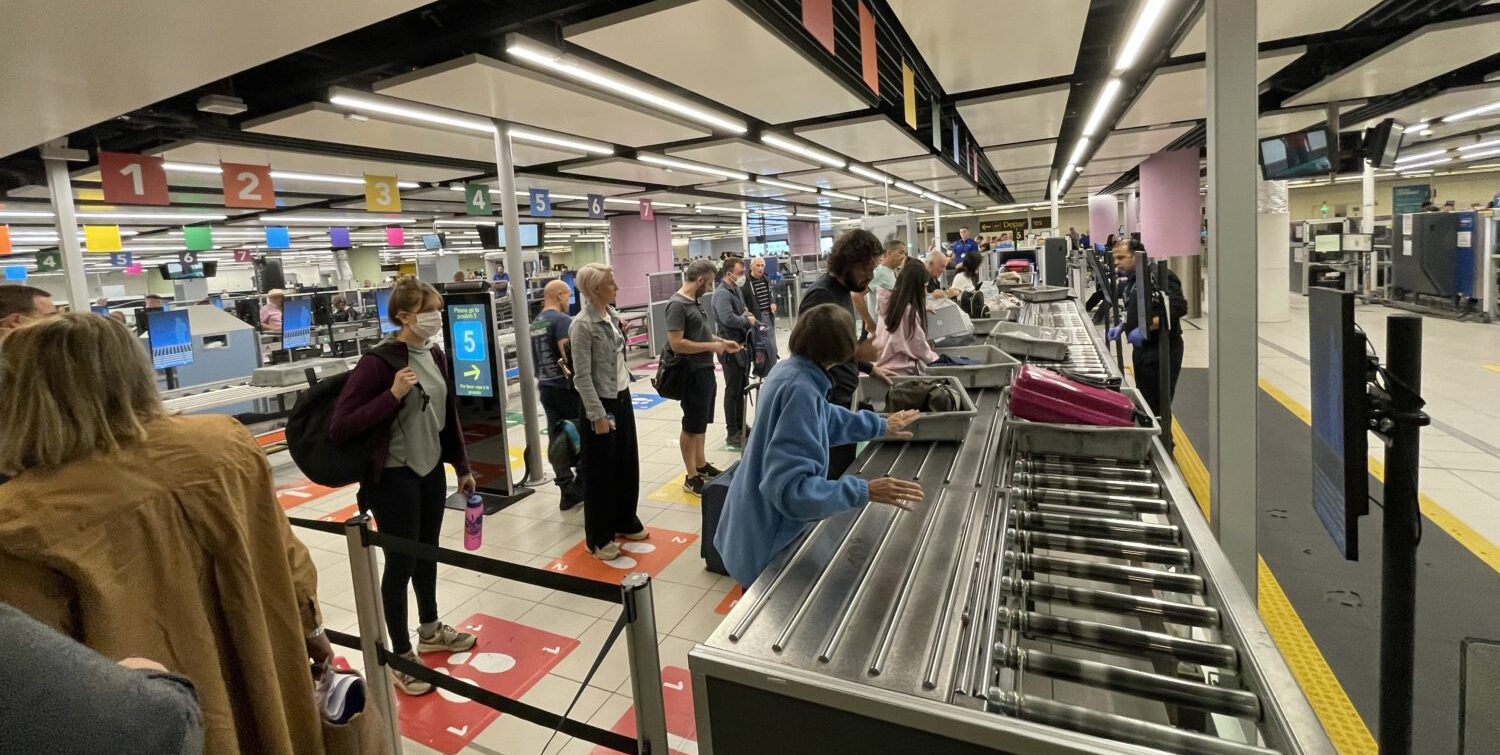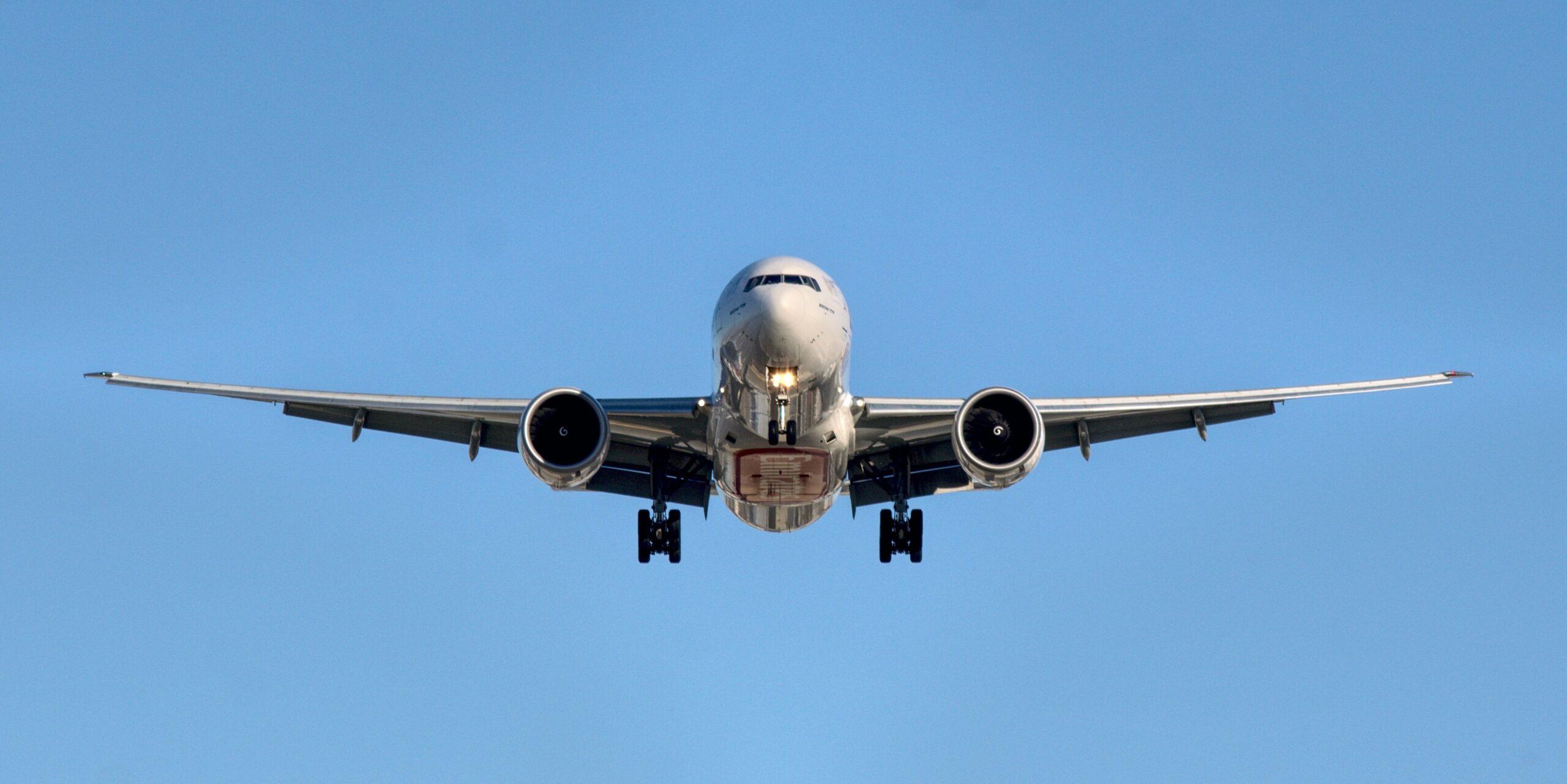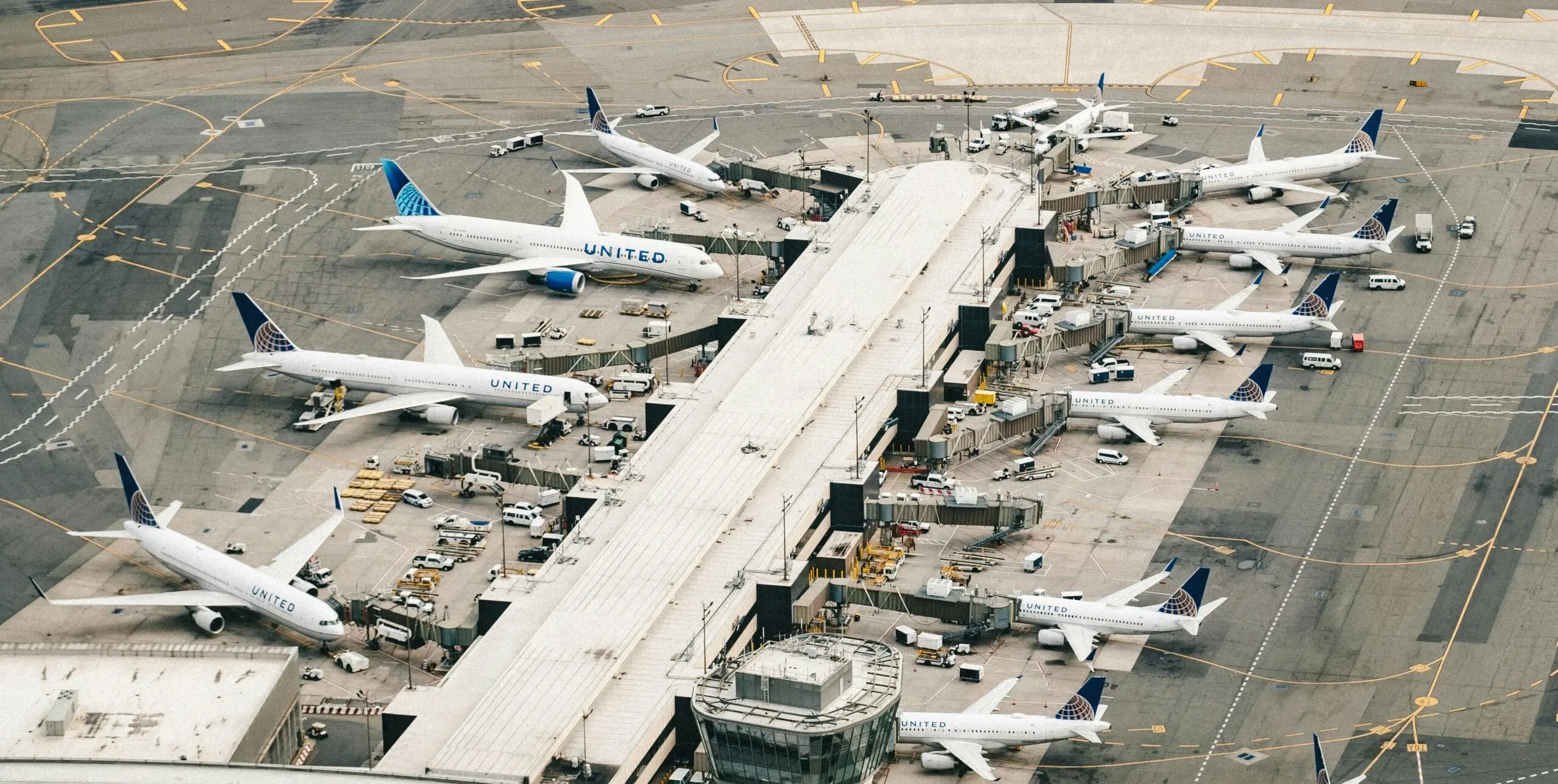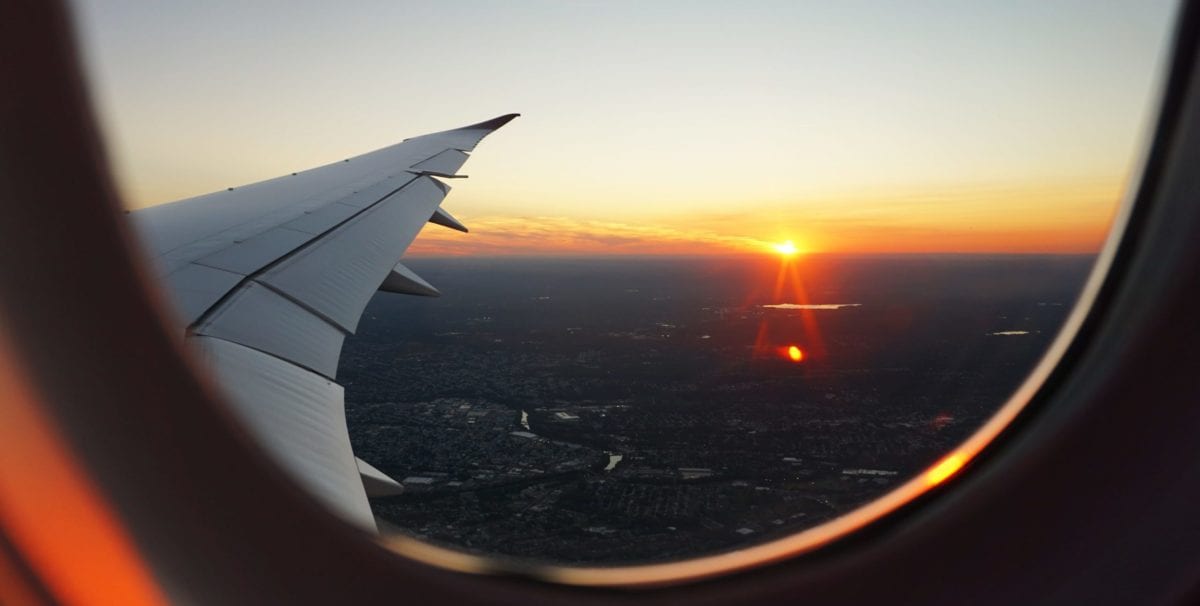
The Biggest Stories & Trends That Shaped Travel in 2025
We've already recapped the most popular stories on our site from the last 365 days, but this is different. Now, let's dissect the news, stories, and emerging trends that shaped the year of travel ... and what that might mean for the New Year. After years of harping on the importance of "premium" travel, 2025 was the year it became clear just how much that is dominating everything airlines, h...


